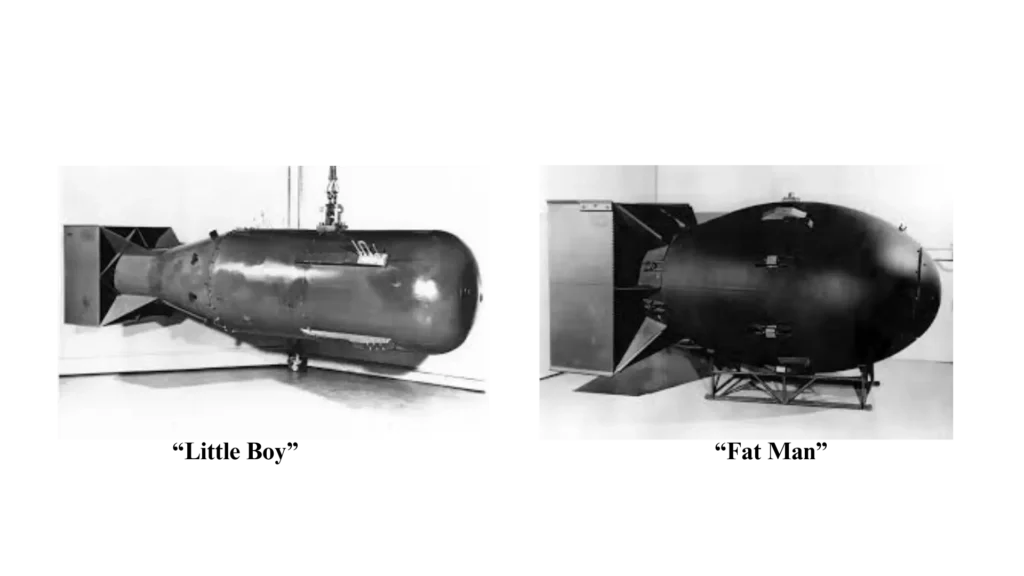The Significance of Hiroshima Nagasaki Day
On August 6 and 9, respectively, Hiroshima and Nagasaki Day is observed, marking the anniversaries of the atomic bombings that devastated these Japanese cities in 1945. These dates are pivotal not only in historical context but also in their continued relevance to discussions on peace, war, and nuclear policy. In this article, we delve into the impact of these events, their historical significance, and what they teach us about the present and future of global peace.
Historical Context of Hiroshima and Nagasaki
The End of World War II
The bombings of Hiroshima and Nagasaki were crucial events that precipitated the end of World War II. On August 6, 1945, the U.S. dropped an atomic bomb on Hiroshima, followed by a second bomb on Nagasaki three days later. These bombings played a significant role in Japan’s decision to surrender, thus bringing an end to one of the most devastating conflicts in history.
The Immediate Aftermath
The immediate aftermath of the bombings was marked by unprecedented destruction and loss of life. Hiroshima and Nagasaki faced almost total annihilation, with tens of thousands of people killed instantly and many more suffering from severe injuries and radiation sickness.
The Human Cost of Atomic Bombings
Survivors’ Stories
The survivors of Hiroshima and Nagasaki, known as hibakusha, have shared harrowing accounts of their experiences. These personal stories offer a sobering reminder of the human cost of nuclear warfare and the long-lasting effects on those who endured the bombings.
Long-Term Effects
The long-term effects of the bombings have been profound, influencing not only the survivors but also the generations that followed. Health issues, including cancer and chronic illnesses, continue to affect those exposed to the radiation. Additionally, the psychological trauma endured by survivors has been passed down through generations, highlighting the enduring legacy of nuclear warfare.

The Global Impact of Hiroshima and Nagasaki
Nuclear Non-Proliferation Efforts
The bombings of Hiroshima and Nagasaki were instrumental in shaping international nuclear policy. They underscored the need for arms control and non-proliferation efforts, leading to treaties and agreements aimed at preventing the spread of nuclear weapons and reducing global stockpiles.
Current Nuclear Threats
Despite these efforts, the threat of nuclear weapons remains a critical concern. Ongoing tensions between nations and advancements in nuclear technology pose risks that echo the fears and anxieties of the past. The lessons learned from Hiroshima and Nagasaki underscore the importance of continued vigilance and diplomatic efforts to prevent nuclear conflict.
Commemorating Hiroshima and Nagasaki Day
Educational Initiatives
Commemorating Hiroshima and Nagasaki Day involves educating new generations about the events and their significance. Educational programs and public events play a crucial role in preserving the memory of these events and fostering a culture of peace.
Global Peace Movements
Hiroshima and Nagasaki Day also serves as a platform for global peace movements. Activists and organizations use this day to advocate for disarmament, promote dialogue, and work towards a future free of nuclear weapons.
Learning from the Past to Shape the Future
Hiroshima and Nagasaki Day is more than just a historical commemoration; it is a call to action. By reflecting on the past and understanding the profound impact of these events, we can work towards a future where the horrors of nuclear warfare are never repeated. The lessons of Hiroshima and Nagasaki remind us of the value of peace and the necessity of global cooperation in ensuring a safer, more secure world.
